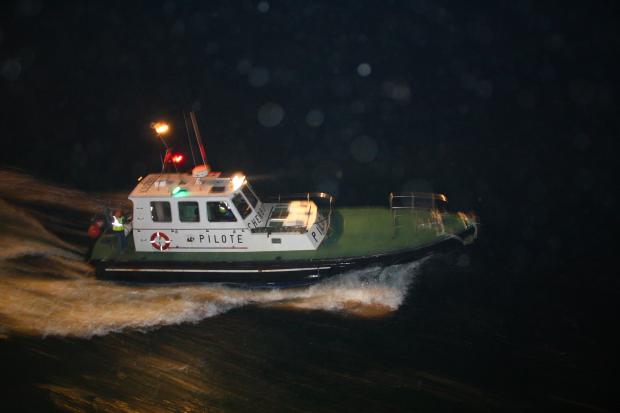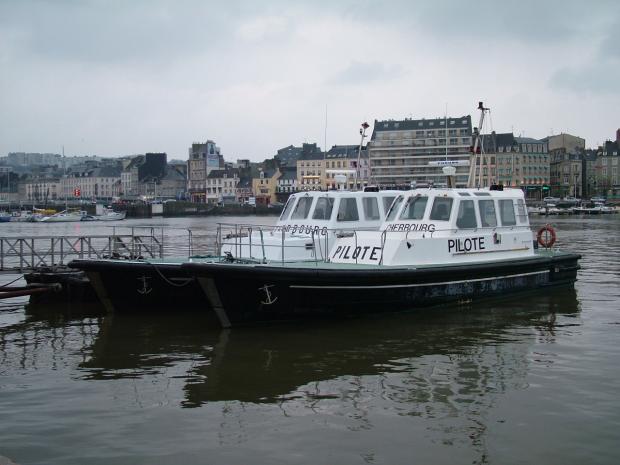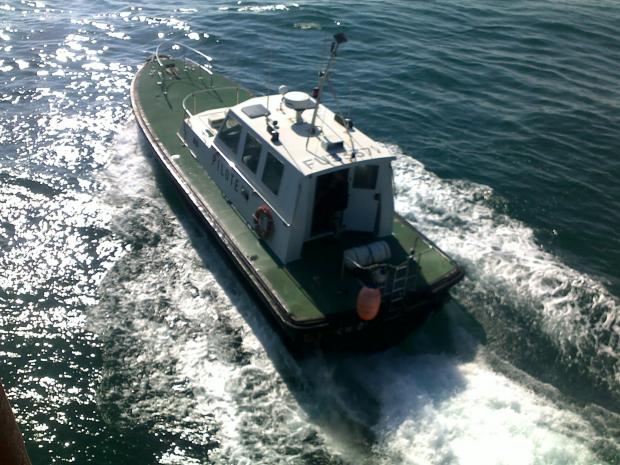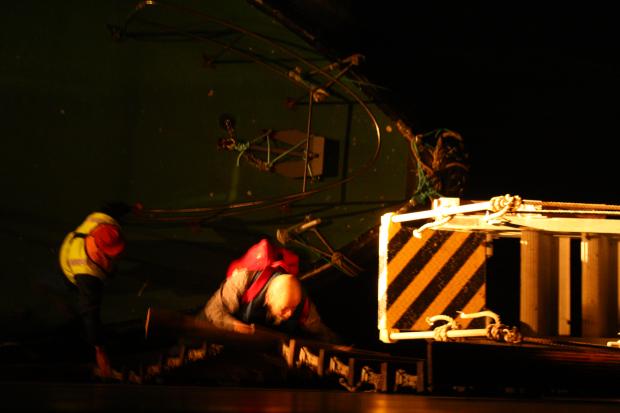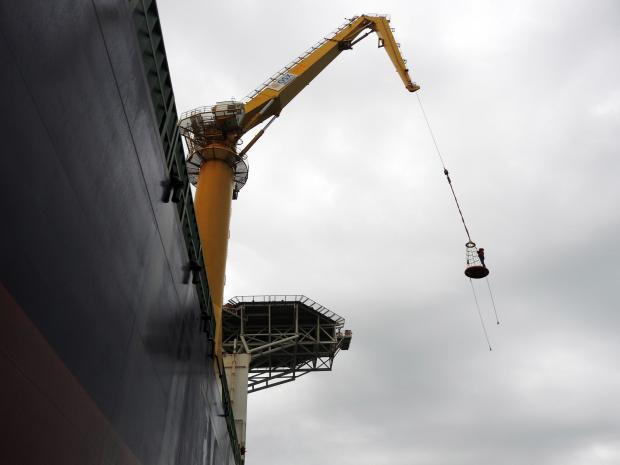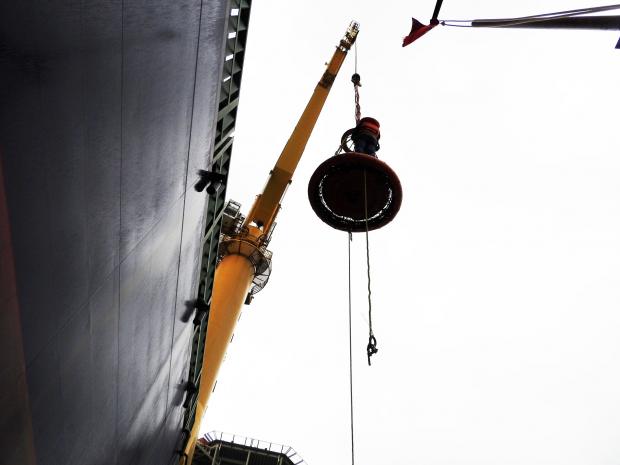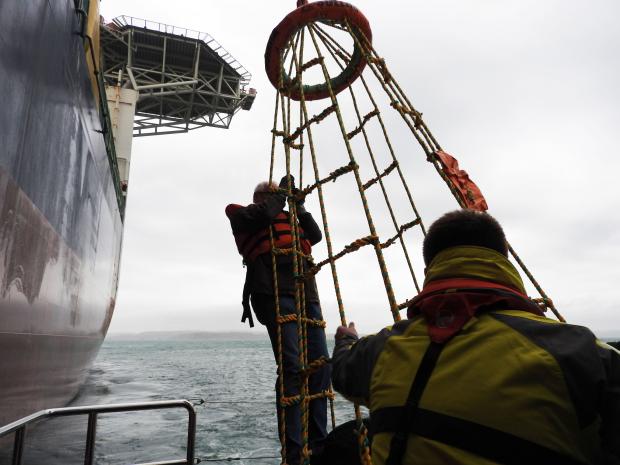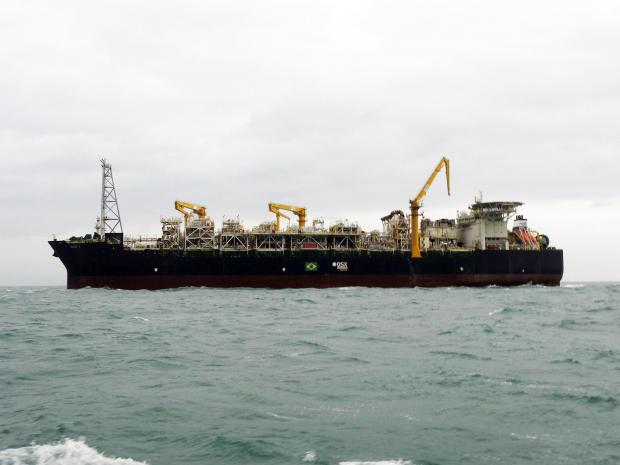Boarding the Deepseapilot on entering the English Channel/La Manche
The embarcation can take place at two towns : Brixham on the British side or at Cherbourg on the South. Both stations will give good lee in most of the predominant wheather conditions. Both stations have good connections ashore; there is a very frequent daily trainservice from Paris to Cherbourg.
Most of the shipping traffic will approach the Channel from the south west; so geographically seen Cherbourg is the most convenient place to board for pilots.
When boarding takes place on Brixham Roads, the captain himself has to cross three times a shipping/clearwaylane at a small angle which is against the Collregs advise. After boarding the pilot he has to cross once more the lane and join afterwards the Eastbound lane again.
If the pilot is to be picked up at Brixham there is an extra distance to cover of 22 nautical miles, compared to the embarcation at Cherbourg. Embarcation at Cherbourg hardly gives any deviation at all. The extra distance of 22 miles is timewise 1,5 to 2 hours sailing, without mentioning the extra fuelcosts.
Channel and North Sea waters are among the most dangerous due to prevailing weather conditions, poor visibility and/or bad weather- in one of the most congested shipping area in the world.
The development of industrial offshore activities enhanced the risk of accident and subsequent pollution not to mention the countless underwater hazards to navigation.
An ever increasing demand put on ships' more and more restricted crews doesn't fit with the tightest regulations in force in this area and the required VTS and port communications procedures.
With the advent of bigger and faster ships and the competition for tighter schedules, the use of Deep North Sea Pilot improve the safe passage of vessels in the area.
The development of industrial offshore activities enhanced the risk of accident and subsequent pollution not to mention the countless underwater hazards to navigation.
An ever increasing demand put on ships' more and more restricted crews doesn't fit with the tightest regulations in force in this area and the required VTS and port communications procedures.
With the advent of bigger and faster ships and the competition for tighter schedules, the use of Deep North Sea Pilot improve the safe passage of vessels in the area.
The Service
As well as providing a safe passage our pilot service offers additional benefits:
- Operational support and nautical assistance to masters who are unfamiliar with this NW European area.
- Assistance in communication with VTS and Ports Authorities.
- Prevention of fatigue and supplement service to the Bridge Management Team (STCW 95).
- Additional safety precautions with regard to the maritime environment.
- Optimum routeing – saving in bunkers and accurate ETA's to the next destination.
- Positive influence on the insurance claim record resulting in lower insurance premiums.
- Enhancement of the customer public image by European Authorities and Port Authorities (PSC/MOU) as one of professionalism and security concern.
Pilotage Area
The pilotage area covered by the Deep North Sea pilot license includes the coasts of France, British Islands, Belgium, Holland, Germany, Norway, and west coast of Denmark up to the Skaw-Vinga line including Gothenburg in Sweden.
The Pilots
Our pilots are former sea-going Master Mariner or/and PortPilot with years of experience at sea and command experience. They are fully licensed by their Navy and their administration after examination in accordance with the IMO - resolution A486(XII) and the European Community - Antwerp rules 1976.
Nautical information of our pilots is permanently maintained and their licenses annually renewed to ensure the highest standards.



